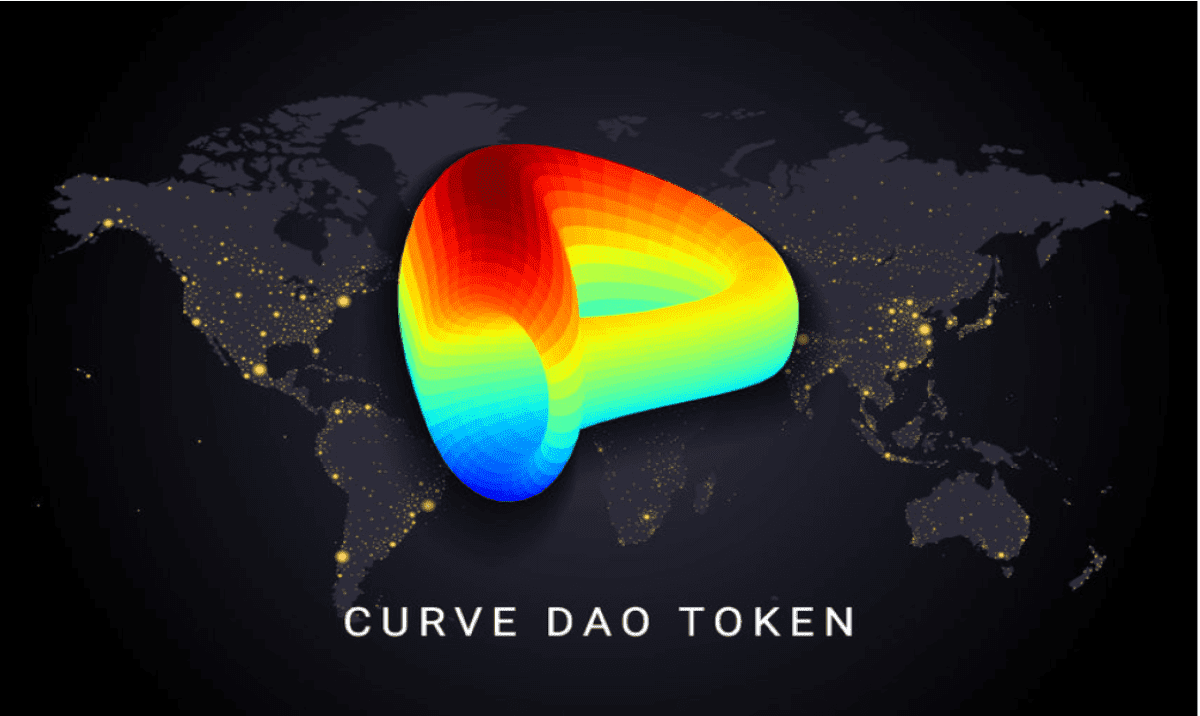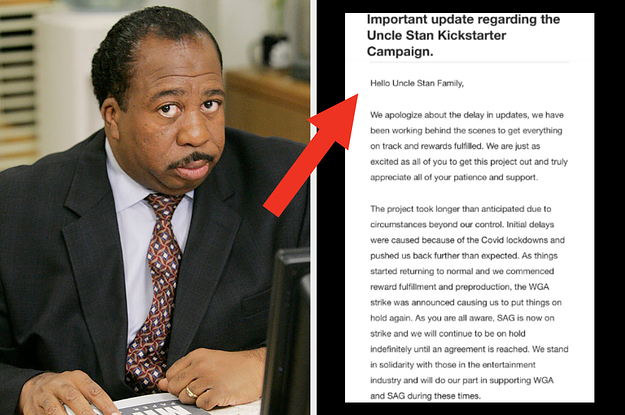
The head of product at Tools for Humanity told Cointelegraph that Worldcoin is expecting more companies to integrate in the second half of the year.
Worldcoin has been in the spotlight since its launch on July 24, with users lining up to scan their irises for a digital ID and others questioning its methods for collecting data.
The project is built on the premise of supplying users with a digital ID via an iris scan that can be used for instant verification online and, in the future, for issuance of a universal basic income (UBI).
day 3 of @worldcoin launch, crazy lines around the world. one person getting verified every 8 seconds now. pic.twitter.com/vHRu1sWMT3
— Sam Altman (@sama) July 26, 2023
While it’s still in the early stages, the company has already integrated with Auth0, which facilitates thousands of its clients with the ability to sign in via World ID. In an interview with Cointelegraph, Tiago Sada, head of product at Tools for Humanity — the company behind Worldcoin — said the company anticipates these types of integrations to accelerate in the coming months.
Sada said that since its launch, it has opened up its software development kit (SDK) for any developer to be able to use it and has also integrated with the platform Discord.
“Over the coming weeks and months — during the second half of the year — we expect to spend a lot more time helping companies set up these integrations.”
Last week, Reuters reported that Worldcoin plans to expand its services to allow governments and organizations to utilize its software. Sada explained to Cointelegraph, given that it is an open identity protocol built on top of zero-knowledge proofs, anyone can choose to use it and is subject to the same rules of the protocol.
This includes governments, which he pointed out have had issues with ID verifications due to the availability of duplications and fakes on the black market.
“We’re not trying to replace a passport or driver’s license,” he clarified. “This is something that you can use in addition to that.”
“We’ve been approached by governments over the past few months inquiring about how the protocol works, but no specific integration to announce right now.”
On the other hand, some governments have been openly looking into Worldcoin due to concerns for privacy and data collection. The data watchdog for the German government launched a probe into Worldcoin back in November 2022 prior to the official launch.
Related: French privacy watchdog questions Worldcoin’s data collection method: Report
Sada also highlighted that historically, there has always been a struggle with the notion of building applications that are “bot-resistant.” Now, with the age of artificial intelligence (AI), it will become a much more difficult yet important problem to solve.
“It is clear that the world needs and will need something like Worldcoin in the coming years. We just hope that happens in a privacy-preserving decentralized, open-source, permissionless way.”
The explosion of interest in and accessibility of AI tools and applications has already caused concerns over the possibility of rampant fake news and deep fakes.
On July 3, AI-generated fake news circulated that resulted in rumors of the resignation of United States Securities and Exchange Commission Chair Gary Gensler.
Already, Worldcoin has deployed at least 1,500 metal orbs for in-person scans and sign-ups in physical locations around the world, including major cities, such as London, Paris and Dubai.
Magazine: Experts want to give AI human ‘souls’ so they don’t kill us all










